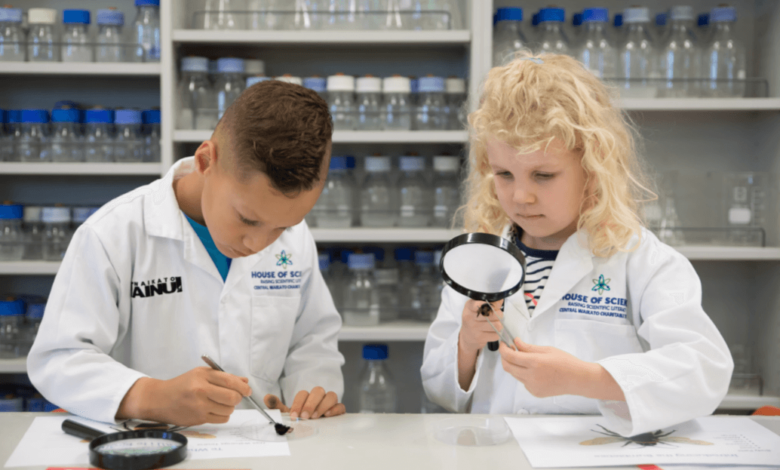House of People: Nqd8yhw1wvc = Science

The “House of People: Nqd8yhw1wvc = Science” initiative represents a significant shift in the scientific paradigm, emphasizing the necessity of community involvement in research processes. By harnessing diverse perspectives, this model not only enriches scientific inquiry but also holds the potential to address pressing societal challenges more effectively. As we explore the implications of this approach, it becomes crucial to consider how such inclusivity might redefine the landscape of research, prompting questions about accessibility, equity, and the future of collaborative science. What transformations await us as we navigate this evolving relationship between community and scientific endeavor?
Concept of the House of People
The concept of the House of People embodies a transformative vision of governance that prioritizes community engagement and collective decision-making.
By fostering shared spaces, it encourages cultural exchange and collaboration among diverse groups. This inclusive environment not only empowers individuals but also cultivates a sense of belonging, driving innovation and social cohesion.
Ultimately, it seeks to reshape societal structures for a more equitable future.
Importance of Community Collaboration
Fostering community collaboration is essential for enhancing social cohesion and driving sustainable development.
By promoting community engagement, individuals can contribute to collaborative research initiatives that address local challenges.
This synergistic approach not only empowers residents but also cultivates a sense of ownership and responsibility.
Ultimately, effective collaboration fosters innovation and resilience within communities, enabling them to thrive in an ever-changing world.
Impacts on Scientific Inquiry
Community collaboration significantly influences scientific inquiry by broadening the scope of research and enhancing the quality of findings.
By fostering scientific accessibility, communities engage in participatory research, ensuring diverse perspectives are integrated.
This collaborative approach not only democratizes knowledge but also addresses real-world challenges more effectively, ultimately leading to innovative solutions that resonate with the needs and aspirations of society.
Read Also Happy:3z1hq8o_Sri= Snoopy
Future of Inclusive Science
Inclusive science is poised to transform the landscape of research and innovation by ensuring that diverse voices and perspectives are integral to the scientific process.
By prioritizing equitable access to resources and opportunities, inclusive science fosters collaboration among varied communities.
This approach not only enriches scientific inquiry but also drives innovative solutions to complex global challenges, ultimately benefiting society as a whole.
Conclusion
The House of People: Nqd8yhw1wvc = Science represents a significant shift in the scientific landscape, emphasizing community engagement and collaboration. Research indicates that inclusive research teams are 35% more likely to produce innovative outcomes. This statistic underscores the transformative potential of diverse perspectives in scientific inquiry. By fostering a cooperative environment that values varying viewpoints, the House of People approach not only enhances the quality of research but also ensures that scientific advancements align with the needs of society.






